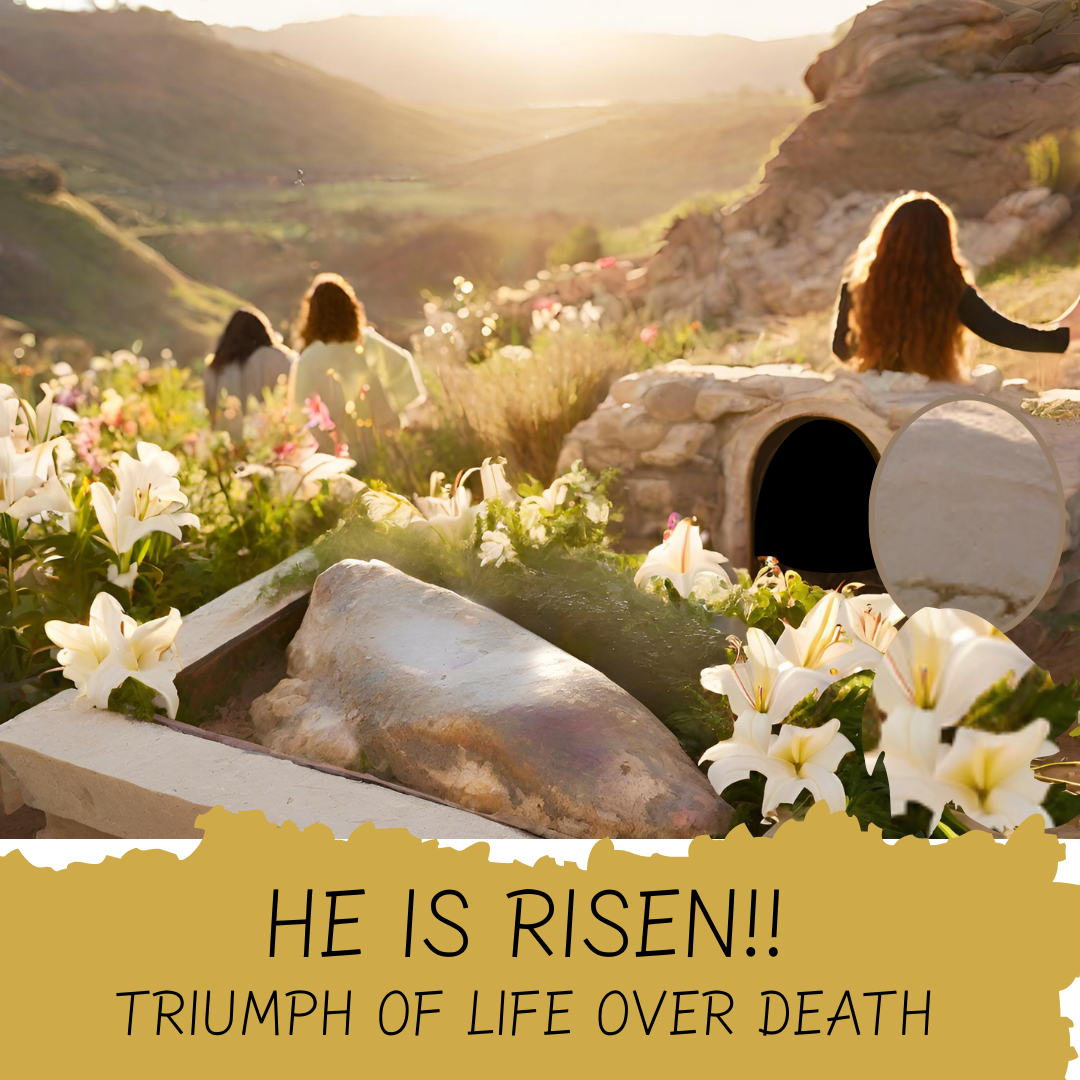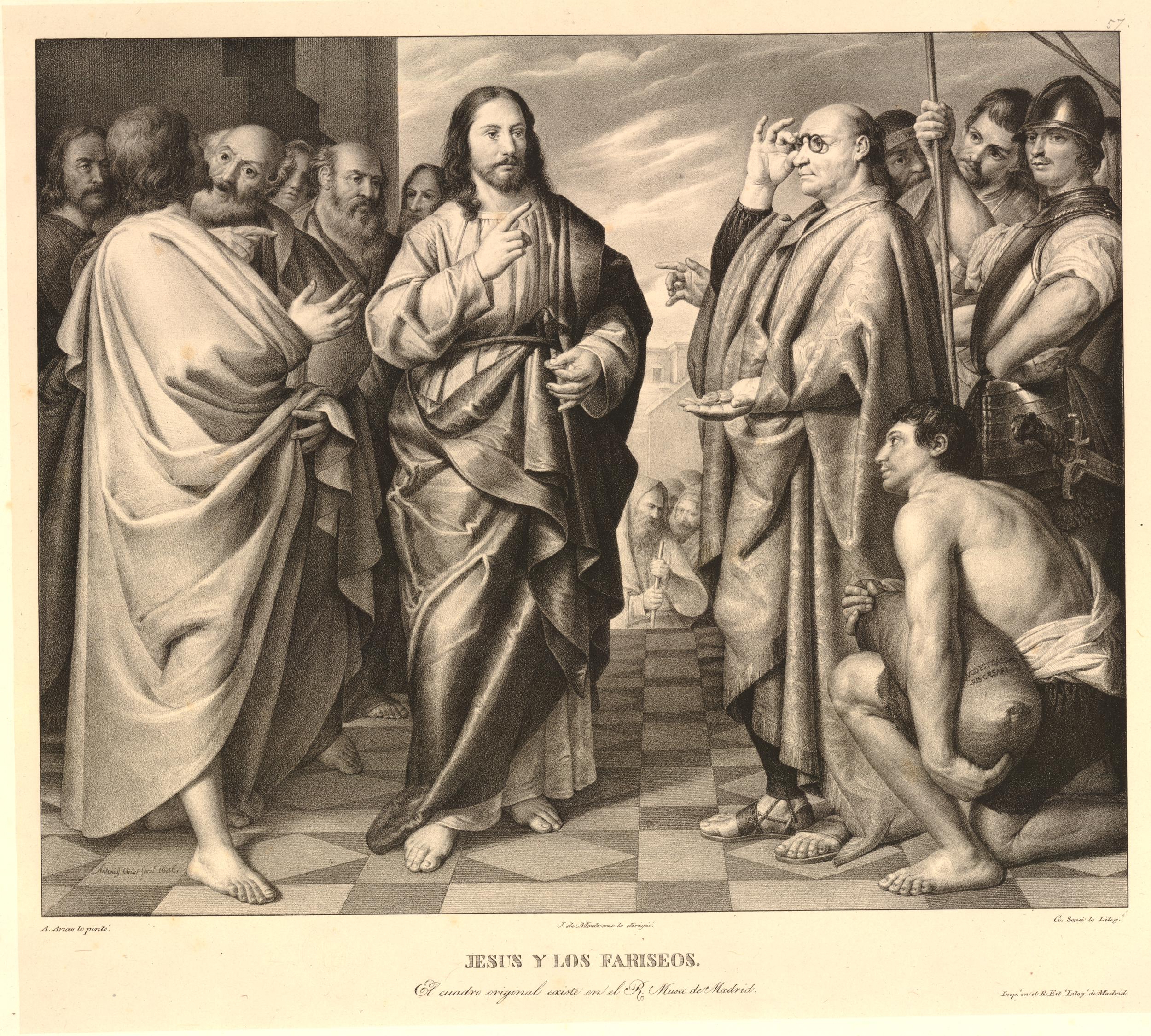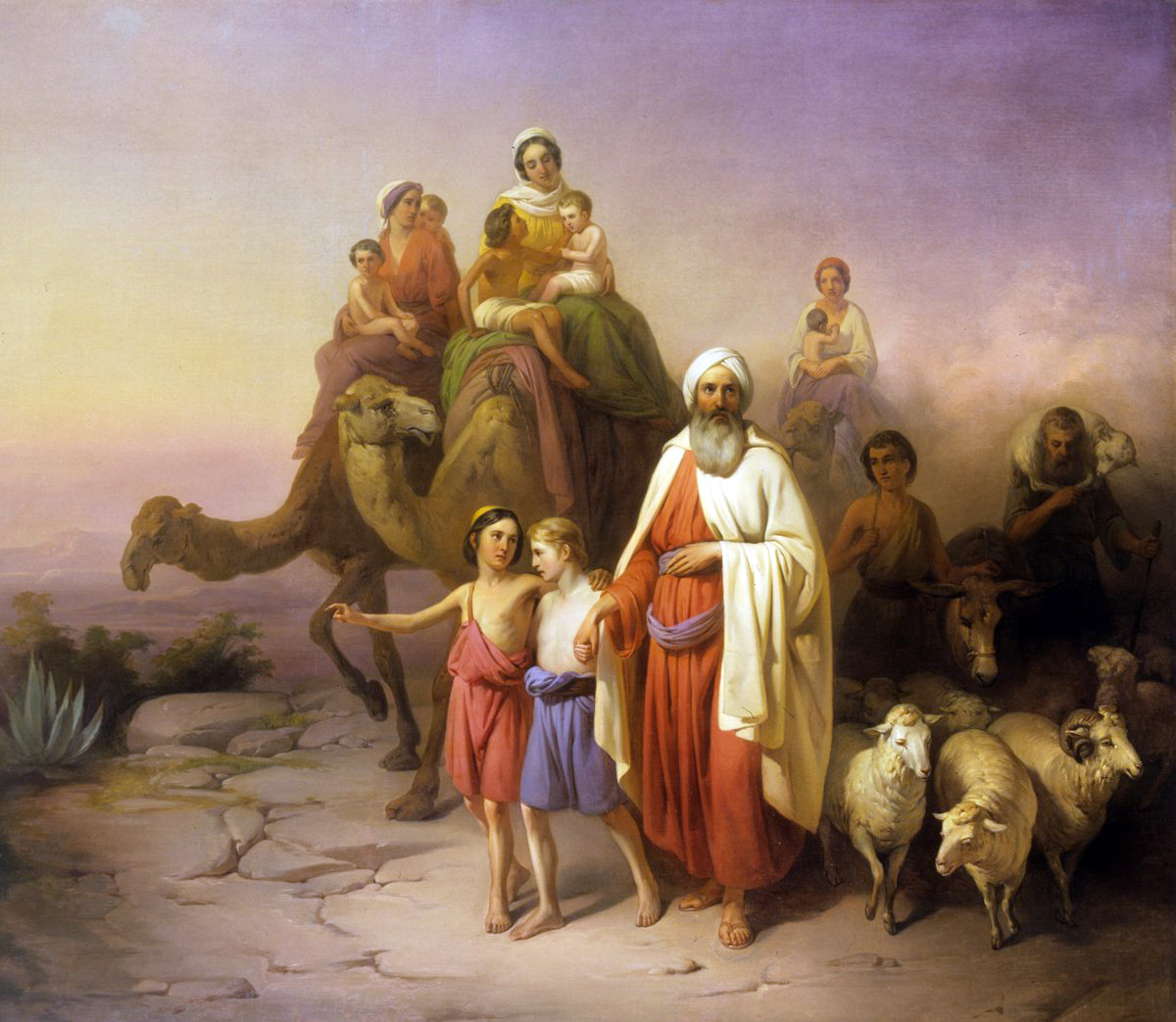Fifth Sunday of Easter, Year B
WHOSE LOVE?
1 John 4:7-21
Fifth Sunday of Easter, Year B
Analysis by Peter Keyel
7 Beloved, let us love one another, because love is from God; everyone who loves is born of God and knows God. 8Whoever does not love does not know God, for God is love. 9 God’s love was revealed among us in this way: God sent his only Son into the world so that we might live through him. 10 In this is love, not that we loved God but that he loved us and sent his Son to be the atoning sacrifice for our sins. 11 Beloved, since God loved us so much, we also ought to love one another. 12 No one has ever seen God; if we love one another, God abides in us, and his love is perfected in us.
13 By this we know that we abide in him and he in us, because he has given us of his Spirit.
14 And we have seen and do testify that the Father has sent his Son as the Savior of the world.
15 God abides in those who confess that Jesus is the Son of God, and they abide in God. 16 So we have known and believe the love that God has for us. God is love, and those who abide in love abide in God, and God abides in them. 17 Love has been perfected among us in this: that we may have boldness on the day of judgment, because as he is, so are we in this world. 18 There is no fear in love, but perfect love casts out fear; for fear has to do with punishment, and whoever fears has not reached perfection in love. 19 We love because he first loved us. 20 Those who say, “I love God,” and hate a brother or sister are liars, for those who do not love a brother or sister, whom they have seen, cannot love God, whom they have not seen. 21 The commandment we have from him is this: those who love God must love their brothers and sisters also.
“It is not our love that satisfies God or makes things right. It is God’s love for us that does so.”
Author’s Note: Even the least biblically inclined people are aware of this pericope and epistle, even if they cannot name or quote it. “God is love” is the main takeaway, and that is now a fixture of Western culture. Here, the focus is in how this can quickly slide from proclamation of what God has done for us into a generalized commandment that we all think we can fulfill without any need for God.
DIAGNOSIS: All you need is love
Step 1: Initial Diagnosis (External Problem): Love is the one thing you must do: God is Love?
The text seems to command that love is the one thing you must do (v. 21). Don’t need to worry about anything more or anything less. All of those other commandments and suggestions fall away in the face of love. This is also an easy way to conflate religions – if they value love, they all know God in their own way, and that is enough. Good people love their fellow humans, and loving them is enough to satisfy God and anyone else who may care to critique us. As long as we try hard, and hold to love, we’ll be ok.
Step 2: Advanced Diagnosis (Internal Problem): Lying in our Fear and Hatred: We Know God Because We Love?
The probing of our problem focuses on the quality and reality of your love: is there fear (v. 18)? Do we hate others (v. 20)? In other words, is your love real? But both of those focus on the commandment to love God, which is Law.
‘Do you really love God’ is an easy route to go with this pericope. Especially if there’s some kind of conflict between people who all agree that God is love. The Law is great for diagnosis. “What is love” becomes the focus, sometimes with a “how-to,” sometimes with a “just wing it and it will work out” approach. Tackling the question “are you really loving your neighbor” often moves to calling people liars (cf. v. 20). Perhaps they are. While ‘‘what is love?” is an important question, perhaps a bigger question (taken almost for granted in the text) raised in this pericope concerns our relationship with God. Can we be saved by the Law, even one as important as “love others”? Or in other words, is holding love in our hearts enough to satisfy whatever Power rules the universe? Hindu, Muslim, Jew, Christian, agnostic, atheist, etc. … it’s all the same as long as we agree that we serve love… right?
Step 3: Final Diagnosis (Eternal Problem): “Love is God”
In the text, the final criticism is in the negative – if you fail to love others, you cannot love God, which means you do not abide in God, so God will not abide in you. All of that is bad news, so you better love. Not only that, it better not have any fear and be “perfected” love (v. 18), despite the implicit threat.
While that is all terrifying and everything, if you serve Love, everything is fine. Right?
The problem is that we are often tempted to switch from “God is love” to “Love is God” in practice. If you having love is all you need, you are the focus, not God. Soon, your definition of love becomes all important. That definition justifies many actions you might want to take. Maybe those actions hurt other people. Maybe they don’t… they just leave God out of it. Then the Christian God becomes one face of a more expansive Deity called “Love” that encompasses all people, Christian or not. The Christian God is no longer needed, and becomes no longer present or meaningful.
In other words, God no longer abides in you.
PROGNOSIS: All you need is God’s love
Step 4: Initial Prognosis (Eternal Solution): God saves us out of love
The epistle spells out what “God is love,” and how it is NOT about our love: “God’s love was revealed among us in this way: God sent his only Son into the world so that we might live through him. In this is love, not that we loved God but that he loved us and sent his Son to be the atoning sacrifice for our sins.” (vv. 9-10)
The mechanism for God’s love is specifically Jesus’ death on the cross to put to death all of our failures, sins, imperfect love, and other short-comings. That God’s love for us is stronger than our service to other gods, including our ideas of love, is borne out in Jesus’ resurrection from the grave.
We are saved by God’s love for us, not by our love for God or neighbor.
Step 5: Advanced Prognosis (Internal Solution): We believe the love God has for us
Centering on the love God has shown us in Jesus changes the equation. It is no longer about the quality of our love. It is our trust that ”God abides in those who confess that Jesus is the Son of God, and they abide in God. So we have known and believe the love that God has for us.” (vv. 15-16a).
It is not our love that satisfies God or makes things right. It is God’s love for us that does so. Trusting that promise of love is God abiding in us. We are assured of God’s presence through our faith that Jesus is the Son of God who was crucified for us.
Step 6: Final Prognosis (External Solution): God’s love is perfected in us
The outcome of trusting God abiding in us is love for others. The key difference from the beginning is that when we trust that “God sent his only Son into the world so that we might live through him.” We do not live from our fear, nor from our alienating ourselves from others in hatred. Fear and hatred have been overcome on the cross. Our love becomes perfected love when it is grounded in this Promise. That’s because the focus is God’s love for us, not our love for God, or even our love for others. Or as phrased in the pericope: “God is love, and those who abide in love abide in God, and God abides in them. Love has been perfected among us in this: that we may have boldness on the day of judgment, because as he is, so are we in this world.” (vv. 16b-17)
This frees us to live in love and testify to our Savior. Through this, we reflect God’s love in this world.









